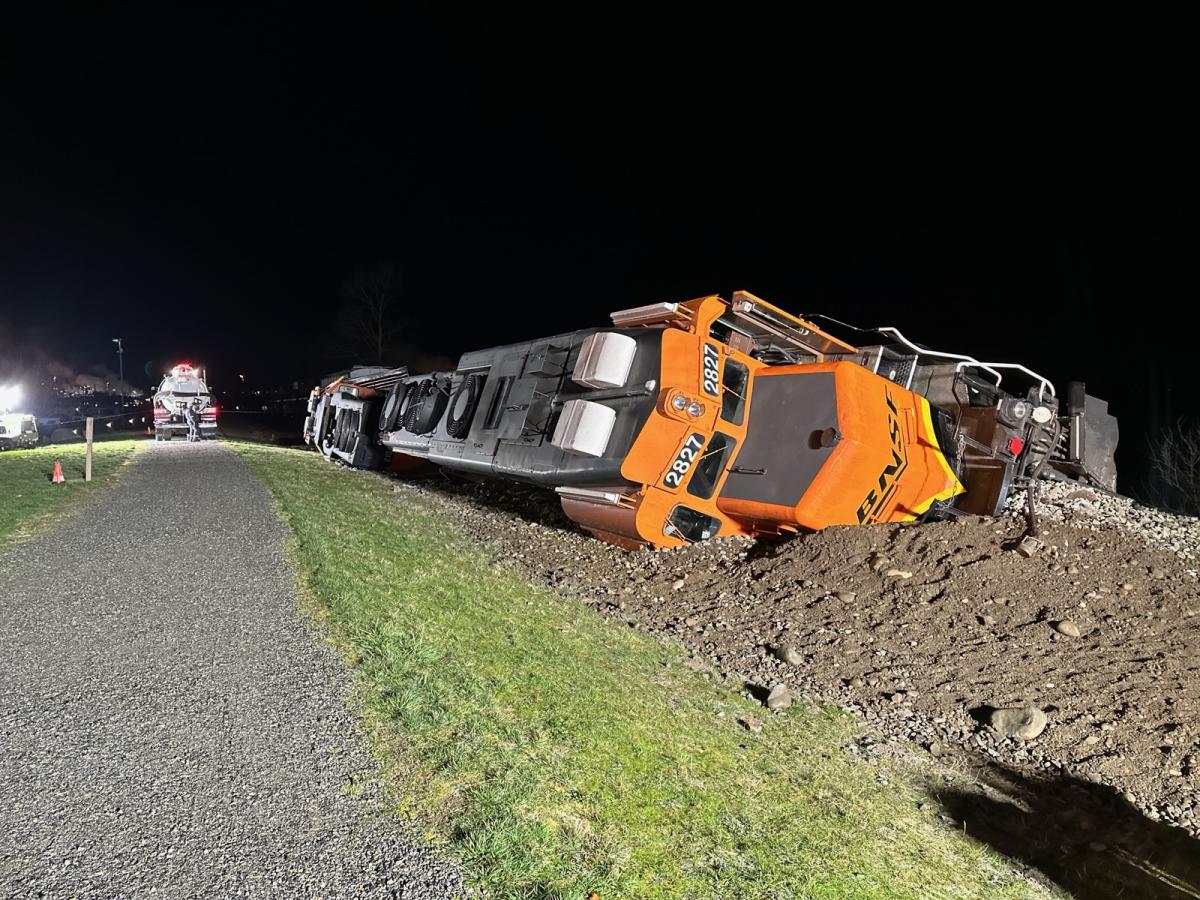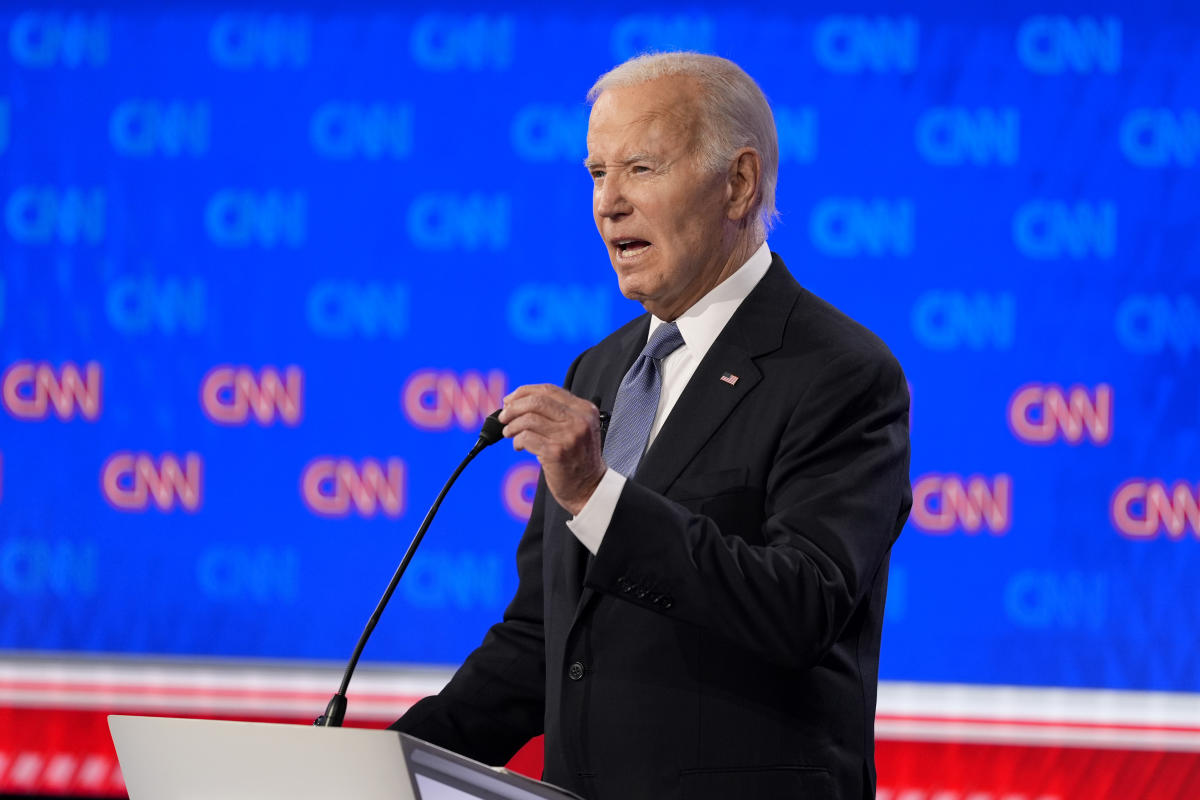Yesterday, a federal judge in Seattle ruled that BNSF Railway must pay the Swinomish Indian Tribal Community nearly $400 million for trespassing on the tribe’s reservation for nearly a decade.
In April 2015, the tribe filed suit against BNSF, the largest freight railroad in the United States, for violating the terms of an easement agreement it signed in 1991 that set a limit of no more than 25 cars allowed per day the reservation passed.
But beginning in 2012, BNSF began exceeding that allowance without notifying the tribe, with at least six 100-car trains per week traveling through the tribe’s reservation in each direction, according to the lawsuit.
In an 18-page ruling dated June 17, District Court Judge Robert Lasnik ordered that BNSF Railway pay total trespass profits of $394 million to the Swinomish Indian Tribal Community for trespassing between 2012 and 2021.
“We know this is a large amount of money,” Steve Edwards, chairman of the Swinomish Indian Tribal Community, said in a statement. “But that only reflects the enormous illicit profits BNSF has made by using tribal lands day after day, week after week, year after year over our objections. If these kinds of gains are to be made, the only way to deter future misconduct is to do exactly what the Court did today: make the offender give up the money he earned through the violation.”
Chairman Edwards added that the tribe first attempted to resolve its conflict with BNSF out of court through formal letters to the company, as well as tribal staff and tribal attorneys personally meeting with BNSF representatives “several times from 2012 to 2015.”
“But in the end, none of that mattered,” Chairman Edwards said. “BNSF continued to run its oil trains and despite the letters and despite the meetings, BNSF told the tribe in early 2015 that it would continue to run those 100-car trains through the reservation. That’s when we knew we had to ask the Federal Court to protect our tribal rights on our reservations.”
The U.S. District Court in Seattle ruled early in the tribe’s 2015 lawsuit that “BNSF did not notify the tribe of its load nor obtain the tribe’s written consent to an increase in the number of trains and cars on those trains.”
But BNSF argued that its obligations to its shippers took precedence over its obligations to the tribe under the easement agreement. The district court issued an injunction in 2017 upholding the tribe’s rights, and BNSF appealed to the U.S. Court of Appeals for the Ninth Circuit. In 2020, the Court of Appeal rejected BNSF’s argument.
Chairman Edwards said he expects BNSF will appeal this week’s decision, as they have done previously in this case: “But we are confident and we look forward to upholding Judge Lasnik’s decision to protect our homeland to defend.”
About the Author: “Native News Online is one of the most widely read publications covering Indian Country and the news important to American Indians, Alaska Natives and other Native peoples. Contact us at editor@nativenewsonline.net.”
Contact: news@nativenewsonline.net







